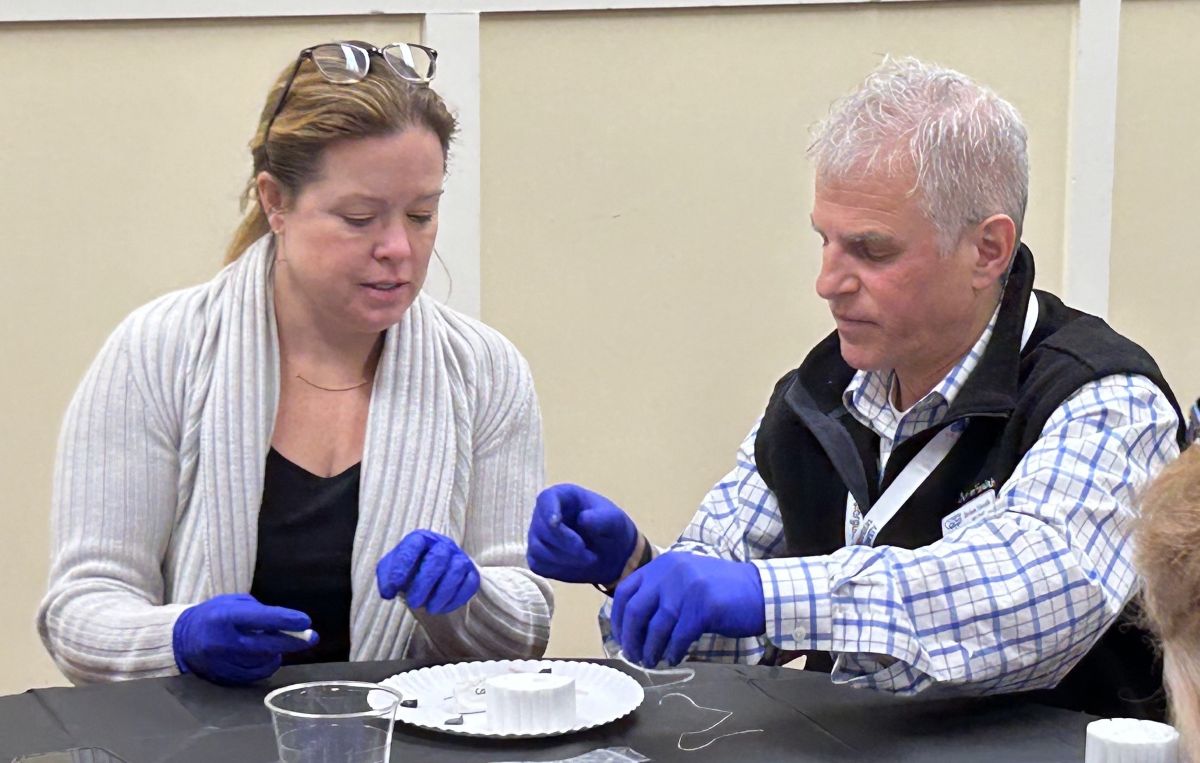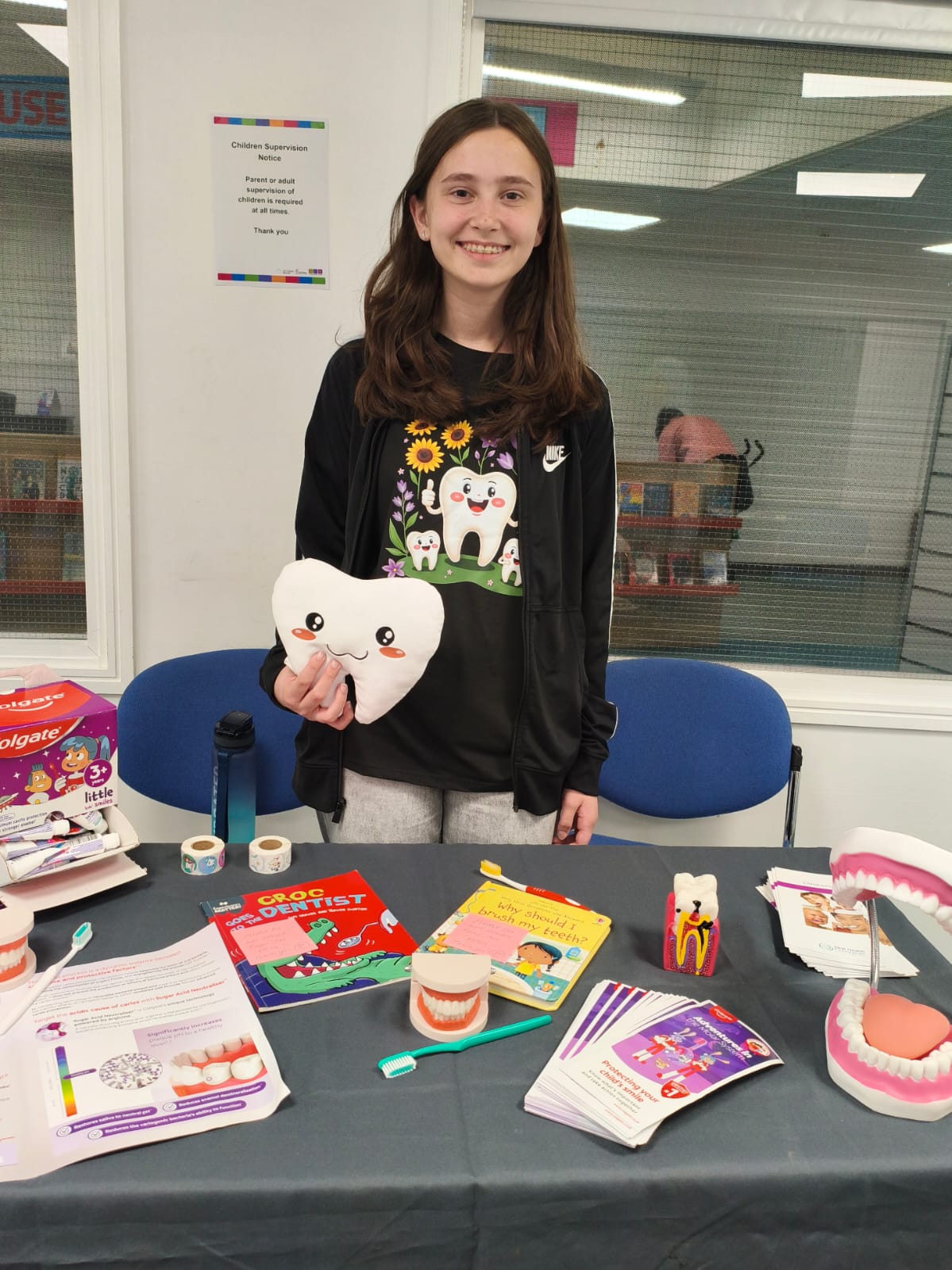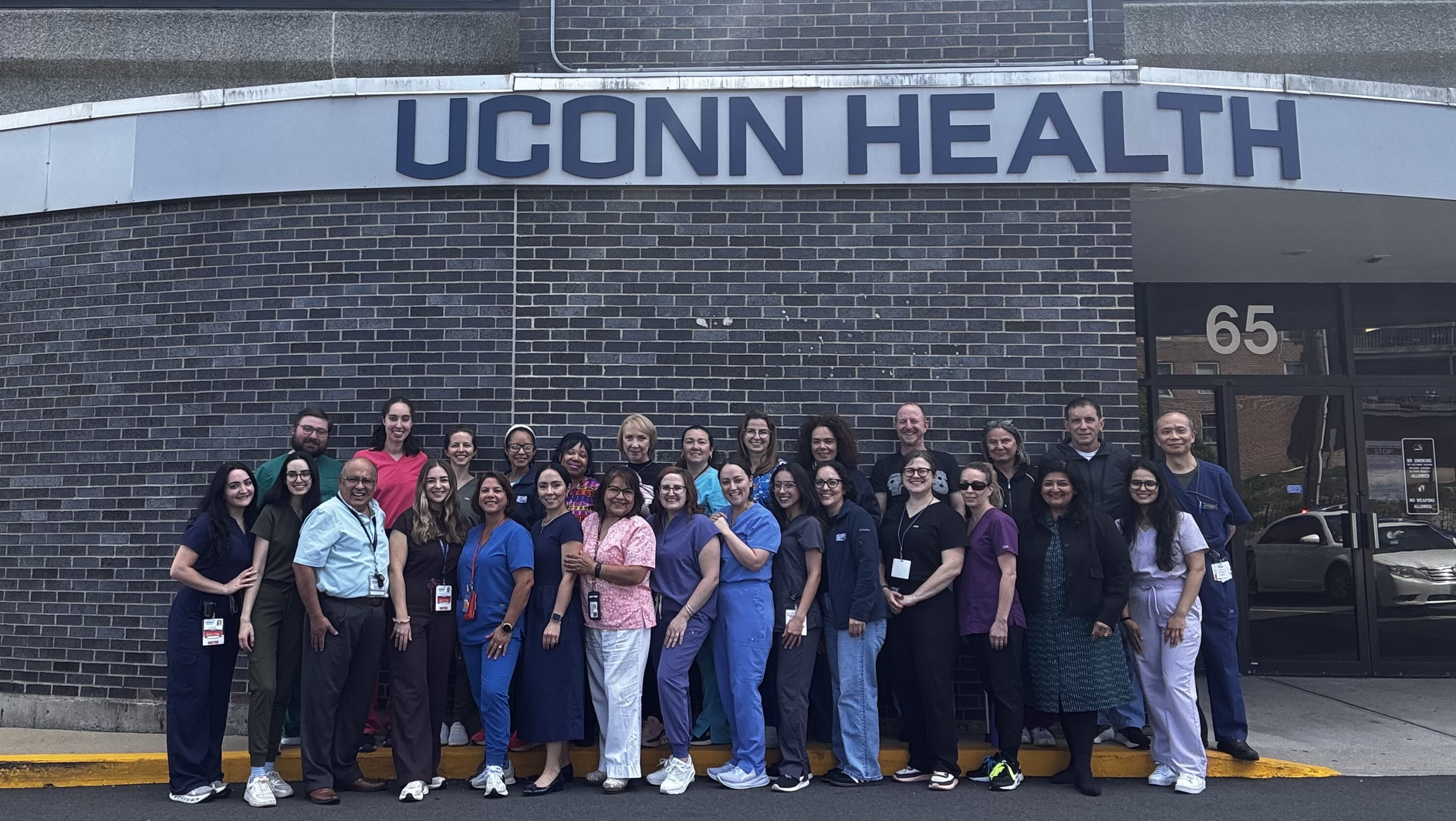There are a lot of different reasons why Black mothers may not breastfeed. According to Elsie Small, PhD and Breastfeeding Program Manager at Healthy Savannah, barriers could result from anything from the kind of work they do to a lack of access to healthcare professionals who connect with the experiences of Black mothers.
“Sometimes it’s about the kind of literature, support services that are available in communities with Black mothers,” Smalls said. “Even, how is breastfeeding being communicated? Who do we see in the kinds of ads and other information around breastfeeding? Does it show a Black mom?”
In observation of National Breastfeeding Month and Black Breastfeeding Week Aug. 25-31, Healthy Savannah will be screening the documetary “Chocolate Milk”, which explores the experiences of Black mothers and health providers with breastfeeding, featuring over 40 testimonials.
It was developed to “increase normalcy around breastfeeding within the African American community”, according to the website for the documentary.
The screening will be at 3 p.m. on Sunday, Aug. 24 at Georgia Southern University, Armstrong Campus in the Student Union Ballroom. Doors open at 2:30 p.m. and the public is encouraged to arrive early. After the 90-minute documentary, there will be a 45-minute discussion on how to improve the low breastfeeding rates among Black women.
In Chatham County specifically, breastfeeding rates declined from 76% in 2019 to 60.3% in 2023. It rose back to 80.8% in 2024, according to a Healthy Savannah press release. A national 2023 report looking at breastfeeding mothers in 2020-2021 revealed that Black mothers initiated breastfeeding at the lowest rate in comparison to other groups.
Breastfeeding provides many benefits for both mother and child, like convenience, but also can help prevent against short-term and long term diseases like asthma, diabetes, chronic obesity and chronic diseases that are all prevalent in Black communities.
“Breastfeeding is a natural part of nurturing our babies, and there has been a stigma around it where mothers may not feel supported or encouraged,” Smalls said. “It’s important to make sure that everyone is aware its a natural part of life, for moms to get get support services from healthcare professionals, and for friends, families, employees to be aware to support when possible.”
Healthy Savannah launched a “Breastfeeding Welcome Here” Initiative earlier this year, to provide decals and certificates of recognition to local organizations that offer reasonable accommodations for feeding or pumping, to encourage breaktimes and private, clean spaces. In Georgia, the PUMP for Nursing Mothers Act, or Charlotte’s Law, requires employers to provide a reasonable break time and a private space, other than a restroom, for employees to express breast milk.
“I think the biggest thing I’m hoping people will get out of the discussion is that it’s not just an individual interest and this is something we should all care about,” said Nandi A. Marshall, the associate dean for academic affairs and professor of Health Policy & Community Health in the Jiann-Ping Hsu College of Public Health at Georgia Southern University. “We should all want to celebrate babies and moms to have healthy journeys. I also hope that we can find additional ways to engage with community around breastfeeding.”
Destini Ambus is the general assignment reporter for the Savannah Morning News, covering the municipalities, and community and cultural programs. You can reach her at [email protected]
link







More Stories
Accessing resources to support breastfeeding mothers
KPJ Healthcare Reinforces Commitment To Maternal And Child Health Via MADANI BFHI Tour
Healthcare teamwork promotes successful breastfeeding